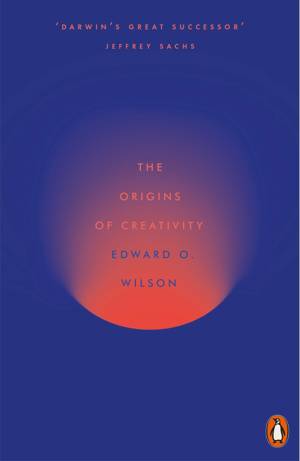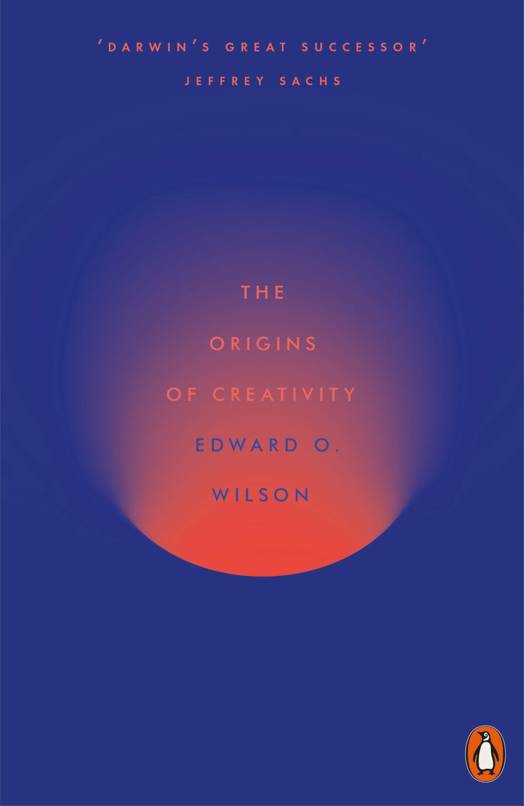
- Afhalen na 1 uur in een winkel met voorraad
- Gratis thuislevering in België vanaf € 30
- Ruim aanbod met 7 miljoen producten
- Afhalen na 1 uur in een winkel met voorraad
- Gratis thuislevering in België vanaf € 30
- Ruim aanbod met 7 miljoen producten
Zoeken
Omschrijving
'Creativity is the unique and defining trait of our species; and its ultimate goal, self-understanding,' begins Edward Wilson's sweeping examination of the humanities and their relationship to the sciences. By studying fields as diverse as paleontology, evolutionary biology and neuroscience, Wilson demonstrates that human creativity began not 10,000 years ago, as we have long assumed, but over 100,000 years ago in the Paleolithic Age. Chronicling the evolution of creativity from primates to humans, Wilson shows how the humanities, in large part spurred on by the invention of language, have played a previously unexamined role in defining our species. Exploring a surprising range of creative endeavors - the instinct to create gardens; the use of metaphors and irony in speech; or the power of music and song - Wilson proposes a transformational 'Third Enlightenment' in which the blending of science and the humanities will enable us to gain a deeper understanding of the human condition, and how it ultimately originated.
Specificaties
Betrokkenen
- Auteur(s):
- Uitgeverij:
Inhoud
- Aantal bladzijden:
- 256
- Taal:
- Engels
Eigenschappen
- Productcode (EAN):
- 9780141986340
- Verschijningsdatum:
- 30/11/2018
- Uitvoering:
- Paperback
- Afmetingen:
- 129 mm x 198 mm
- Gewicht:
- 190 g

Alleen bij Standaard Boekhandel
+ 30 punten op je klantenkaart van Standaard Boekhandel
Beoordelingen
We publiceren alleen reviews die voldoen aan de voorwaarden voor reviews. Bekijk onze voorwaarden voor reviews.











